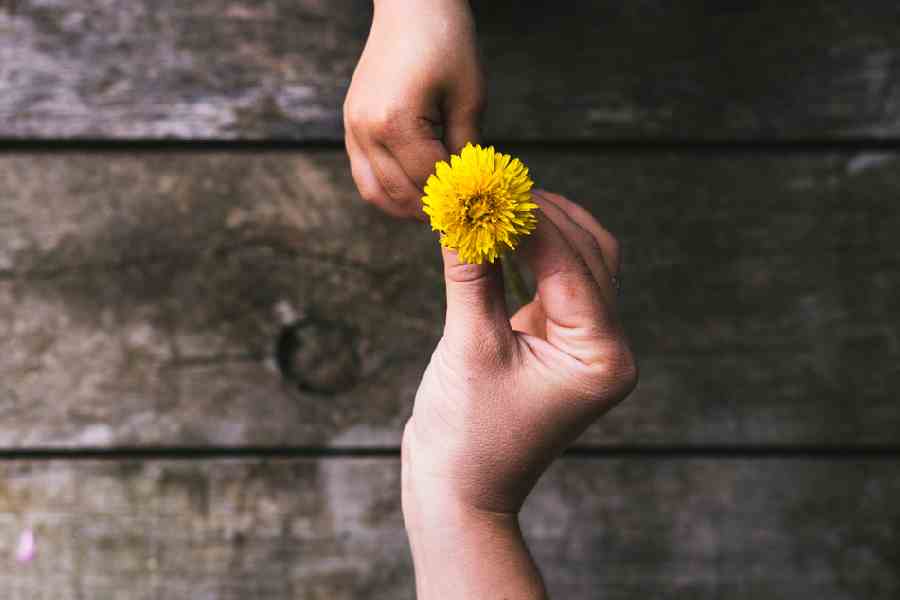Child is, William Wordsworth had noted in one of his poems, the father of man. Scientific research seems to have upheld the view of verse if one were to examine the findings of a new study by researchers at King’s College London, Duke University, and the University of Oslo. The researchers studied 2,200 identical twins in the United Kingdom who not only share the same DNA but also grew up in the same environment. The only difference was in terms of the affection they received from their mothers. The findings, published in the journal, American Psychologist, this week show that affectionate parenting, even the simple act of hugging a child a few times a day, can remould the future of the offspring, making the child grow up into a kind and conscientious adult. Indian parents, especially, should take note of this. This is because a survey in 2017 had found that Indian parents were among the worst globally when it came to demonstrating or communicating verbally their affection to children.
Parents apparently find even the simplest of affectionate gestures to be antithetical to respect, which the young respondents of the survey mostly understood as symbolic of the fear of authority. However, such misguided ideas are not the only thing that makes parents less affectionate. In the 21st century, many parents are occupied with demanding work schedules, leaving them with little time to spend with their children or express affection. Consequently, emotional connections within families are becoming weaker. At the same time, children are being ensnared by seductive technology, thereby spending more time with their phones, tablets, and on social media platforms, leading to their isolation from genuine human interaction. This sense of isolation can lead to loneliness and emotional detachment. This, in turn, is hindering the development of qualities such as kindness, empathy, and compassion in children.
Given the scale of the world’s wickedness, it might appear that small acts of kindness are akin to putting a band-aid on bullet wounds. But research at Wayne State University has shown that individual acts of kindness and connection, big or small, can contribute to significant global change when practised collectively. A single kind gesture can inspire others, creating a ripple effect that spreads positivity across communities. When millions of people engage in compassionate actions — helping a neighbour, supporting a cause, or simply listening with empathy — the cumulative impact can shift cultural norms and promote a more caring society. Everyday choices like these help build trust, reduce conflict, and foster unity. Global change thus need not begin with grand gestures, but with countless individuals choosing kindness and connection in their daily lives.
A hug, a kind word, a moment of undivided attention — these are far from trivial acts; they are the seeds that can sprout the roots of empathy and resilience. In a world fragmented by haste and distraction, the human connection between parent and child can become a quiet rebellion.











